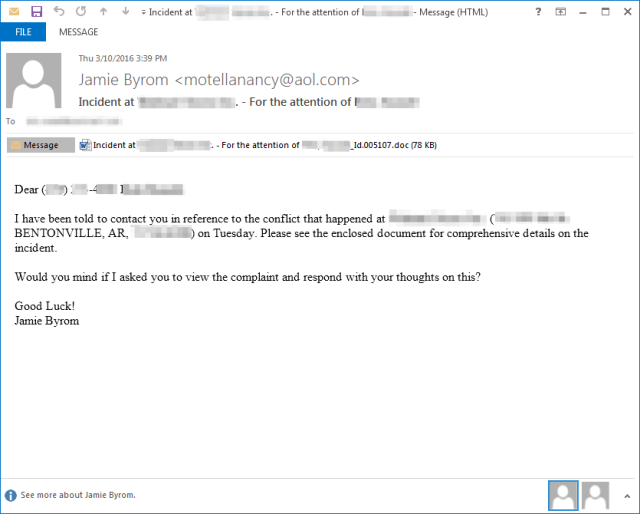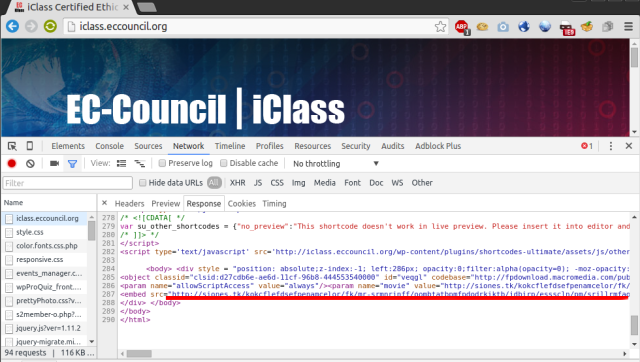Some of the Netherland' most popular websites have fallen victim to a malvertising campaign that managed to compromise a widely used ad platform, security researchers reported on Monday.
The malicious ads were served over at least 11 sites including marktplaats.nl, the Netherlands equivalent to eBay and the country's seventh most visited website, according to a blog post published by security firm Fox IT. Other affected sites included news site nu.nl (which is ranked No. 14), weather site buienradar.nl (54), and startpagina.nl (67). Other widely visited sites were operated by commercial TV stations and magazines.
According to the blog post:





